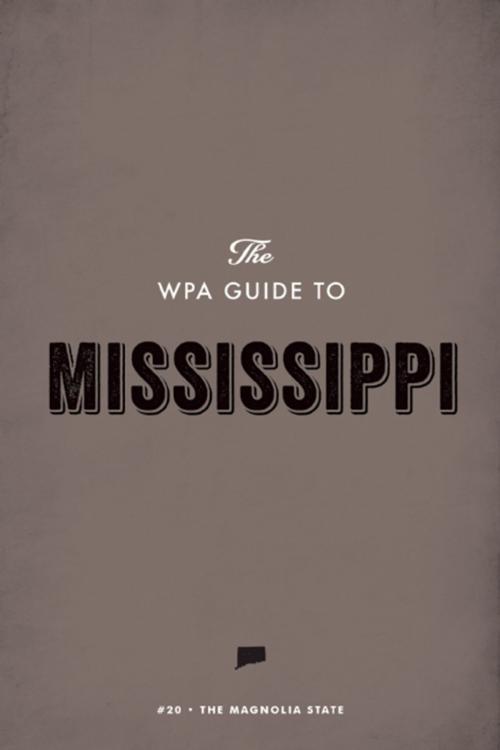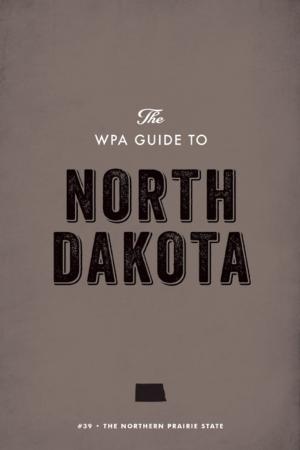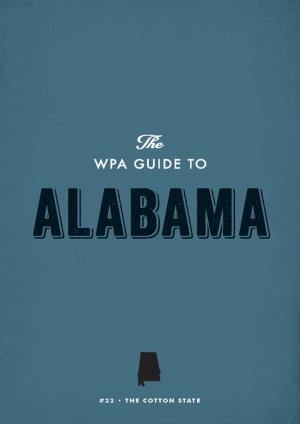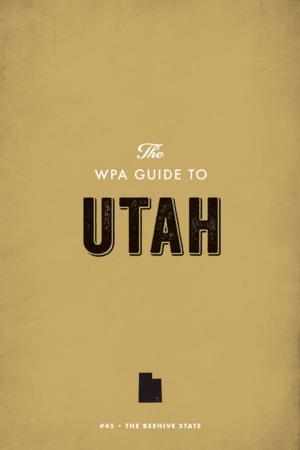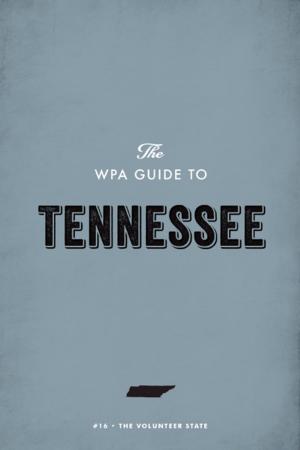| Author: | Federal Writers' Project | ISBN: | 9781595342225 |
| Publisher: | Trinity University Press | Publication: | October 31, 2013 |
| Imprint: | Trinity University Press | Language: | English |
| Author: | Federal Writers' Project |
| ISBN: | 9781595342225 |
| Publisher: | Trinity University Press |
| Publication: | October 31, 2013 |
| Imprint: | Trinity University Press |
| Language: | English |
During the 1930s in the United States, the Works Progress Administration developed the Federal Writers’ Project to support writers and artists while making a national effort to document the country’s shared history and culture. The American Guide series consists of individual guides to each of the states. Little-known authors-many of whom would later become celebrated literary figures-were commissioned to write these important books. John Steinbeck, Saul Bellow, Zora Neale Hurston, and Ralph Ellison are among the more than 6,000 writers, editors, historians, and researchers who documented this celebration of local histories. Photographs, drawings, driving tours, detailed descriptions of towns, and rich cultural details exhibit each state’s unique flavor.
The Magnolia State of Mississippi is beautifully depicted in this WPA Guide originally published in 1938. While this Southern state is by no means average, the guide focuses on the daily lives of typical people from the region. There are two essays about farmers which contrast between the white farmers of the Central and Tennessee Hills and African American farmers of the Delta.
The Magnolia State of Mississippi is beautifully depicted in this WPA Guide originally published in 1938. While this Southern state is by no means average, the guide focuses on the daily lives of typical people from the region. There are two essays about farmers which contrast between the white farmers of the Central and Tennessee Hills and African American farmers of the Delta.
During the 1930s in the United States, the Works Progress Administration developed the Federal Writers’ Project to support writers and artists while making a national effort to document the country’s shared history and culture. The American Guide series consists of individual guides to each of the states. Little-known authors-many of whom would later become celebrated literary figures-were commissioned to write these important books. John Steinbeck, Saul Bellow, Zora Neale Hurston, and Ralph Ellison are among the more than 6,000 writers, editors, historians, and researchers who documented this celebration of local histories. Photographs, drawings, driving tours, detailed descriptions of towns, and rich cultural details exhibit each state’s unique flavor.
The Magnolia State of Mississippi is beautifully depicted in this WPA Guide originally published in 1938. While this Southern state is by no means average, the guide focuses on the daily lives of typical people from the region. There are two essays about farmers which contrast between the white farmers of the Central and Tennessee Hills and African American farmers of the Delta.
The Magnolia State of Mississippi is beautifully depicted in this WPA Guide originally published in 1938. While this Southern state is by no means average, the guide focuses on the daily lives of typical people from the region. There are two essays about farmers which contrast between the white farmers of the Central and Tennessee Hills and African American farmers of the Delta.
